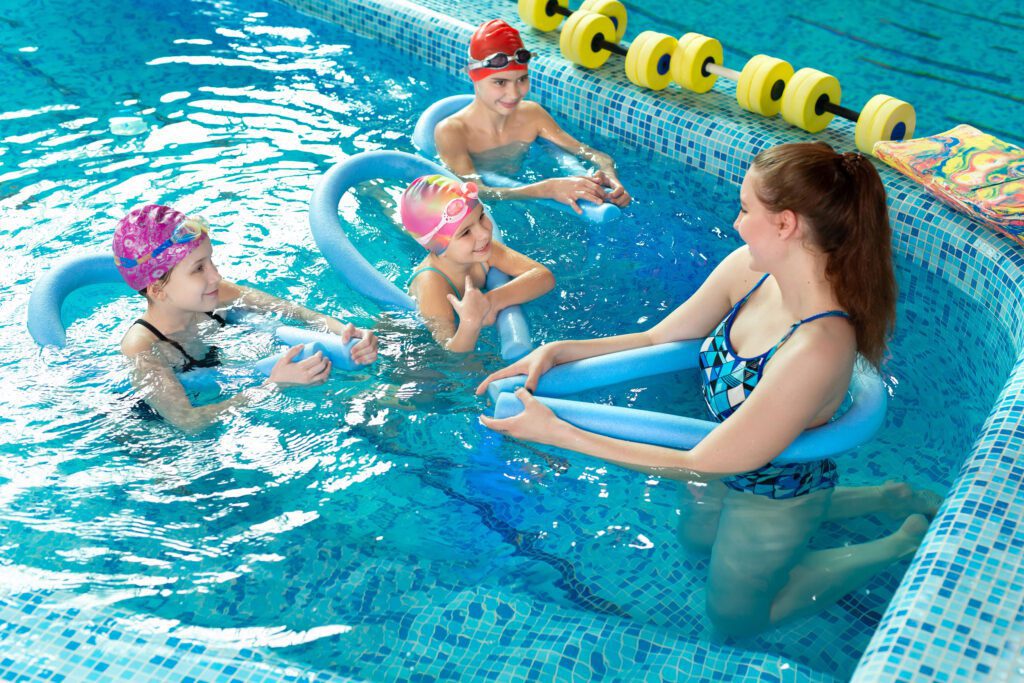Let’s make one thing clear: swimming remains a healthy activity. So why not practice it in the best possible conditions in terms of water and air quality? Research clearly shows that competitive swimmers suffer significantly more from respiratory symptoms.
A recent comparative study* with 1118 participants from 2021 confirms the results of more than 25 years of research, showing a high prevalence of asthma and respiratory problems in competitive swimmers. It turned out that these competitive swimmers have the highest swimming hall exposure and reported significantly more respiratory symptoms than others. This high prevalence of airway related conditions suggests the need for regular testing and special medical care for competitive swimmers.
In cooperation with FINA and the IOC, Mountjoy et al studied² objective evidence of asthma among all aquatic athletes who competed at the 2005, 2007 and 2009 FINA World Championships and the 2004 and 2008 Olympic Games in swimming, synchronized swimming, diving, water polo and open water swimming events. The conclusion was that asthma/AHR in the endurance aquatic disciplines is common at the elite level and has a varied geographic distribution. These findings demonstrate the need for the development of aquatic discipline-specific prevention, screening, and treatments. The analysis of prevalence data in the aquatic disciplines also demonstrates the necessity to improve air quality of the pool environment and to educate team physicians on asthma management.
A study³ in 1996 from Drobnic et al demonstrated that the inhalation of air chlorine in a 2-hour training session equals that of an 8-hour shift of a pool employee, which reaches and even exceeds the TLV (Threshold Limited Value). Young swimmers at the age of 12-14 prepare for national competitions by training 2 hours 4 to 5 times a week. Elite swimmers in the age of 18-28 have 2 training sessions per day and swim up to 30 hours a week when building up basic endurance. So it’s not a surprise that respiratory symptoms occur very frequently.
Sources:
*source: BMC Sports Sci Med Rehabil. 2021 Oct.; 13(1):119 Asthma, allergies and respiratory symptoms in different activity groups of swimmer exercising in swimming halls. Marja Paivinen et al
²bron: J Allergy Clin Immunol 2015;136: 588-94
³bron: Medicine & Science in Sports & Exercise: February 1996- Volume 28 – Issue 2 – p 271-274

